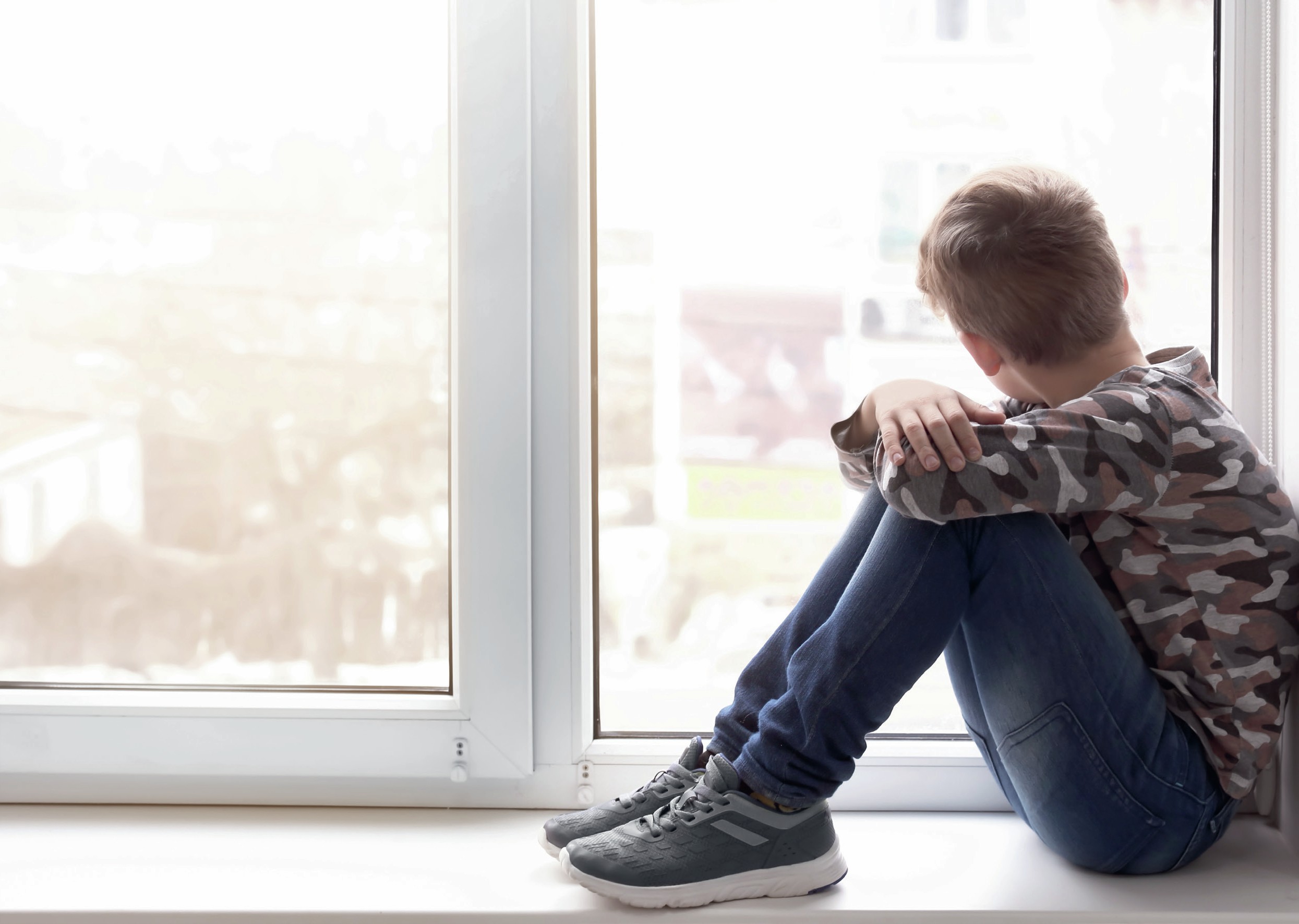
Covid-19 has reframed family and wider societal experiences for children. Issues have been raised relating to the sociology of urban life, education, childhood and the family that are likely to outlast the immediate impact of the pandemic.
Childhood has been seen differently over time and space. It is worth reflecting on the sociological constructions of childhood in their cultural and historical contexts, and accepting that these constructs can change. In the Middle Ages in Europe, for example, people did not mark their life by age, and childhood was not considered a distinct phase. Children were instead viewed as ‘imperfect adults’, depicted in artwork as miniature grown-ups. Agrarian society saw all family members engaged in work together, including children, without separate lives ‘at school’ or ‘at work’. In many cases, the concept of the family included extended family networks or clans.
Your organisation does not have access to this article.
Sign up today to give your students the edge they need to achieve their best grades with subject expertise
Subscribe




